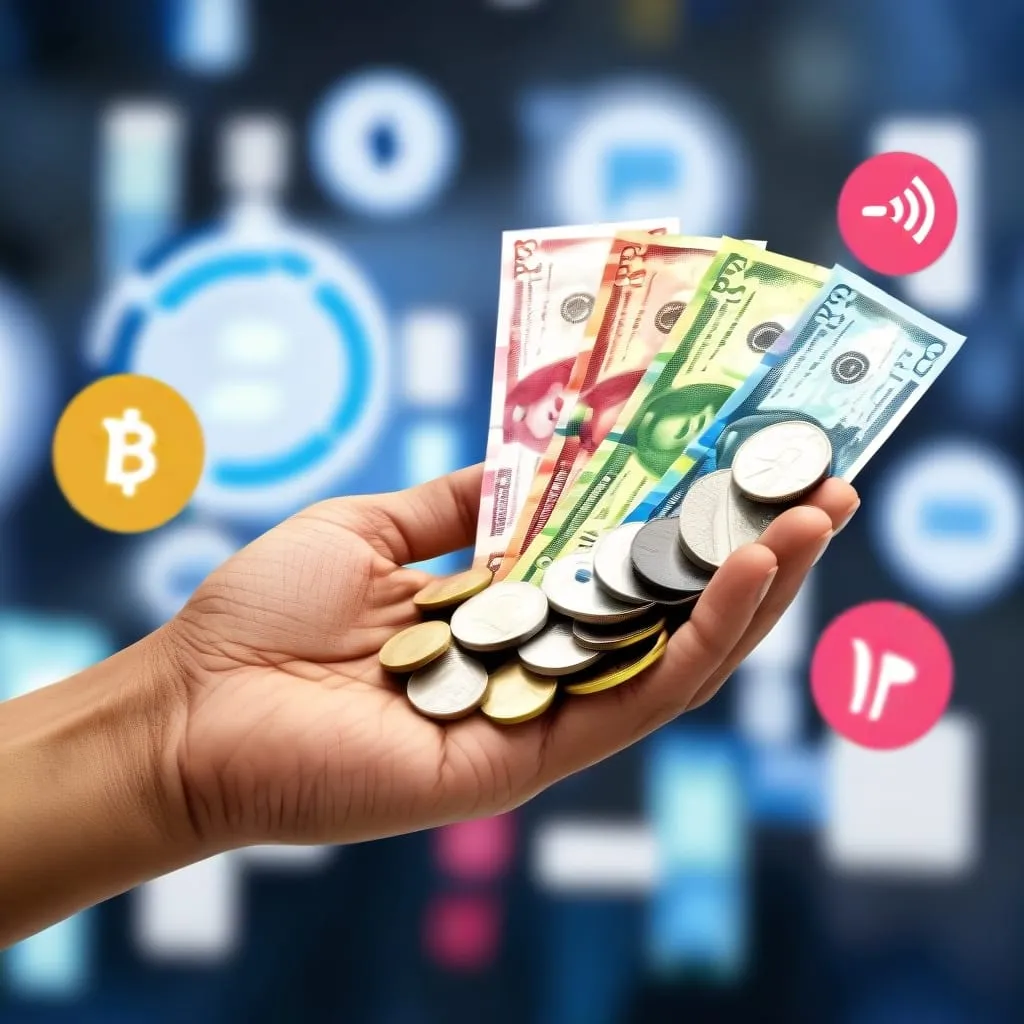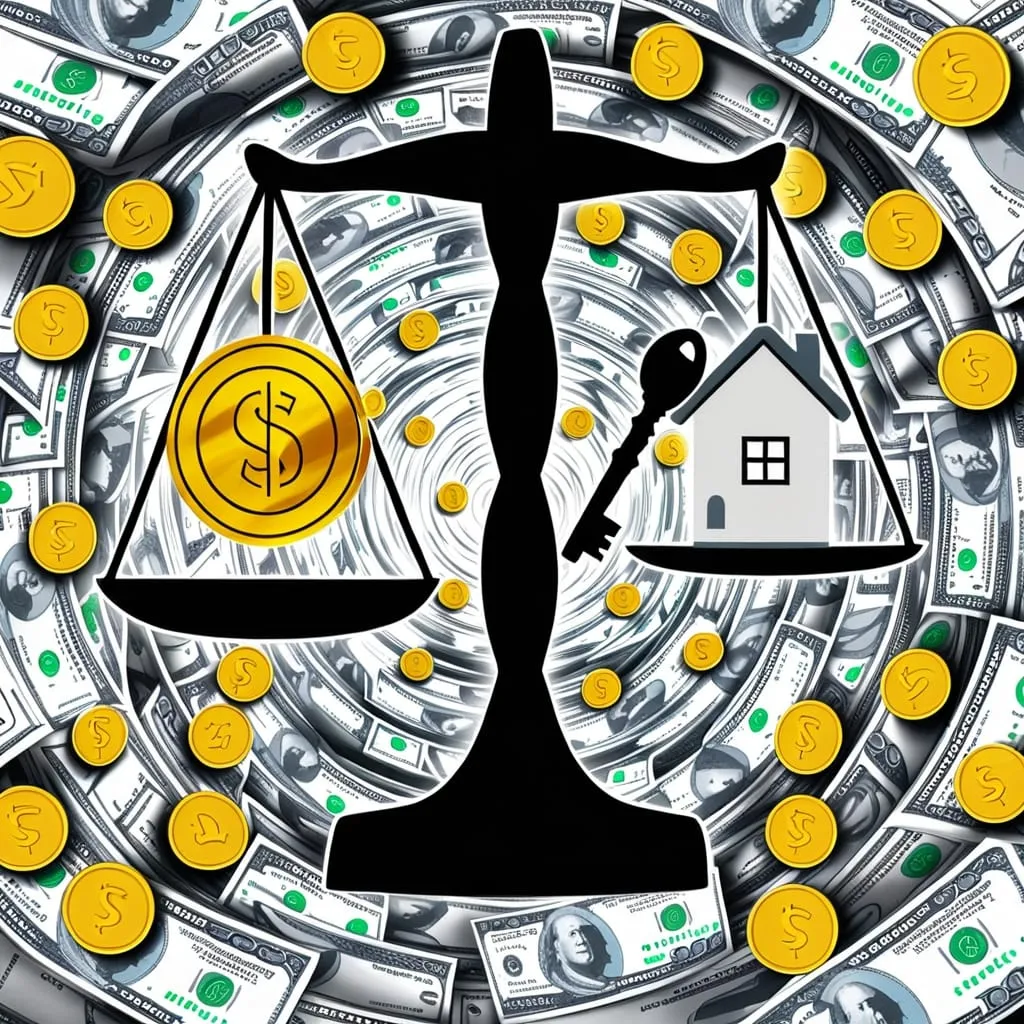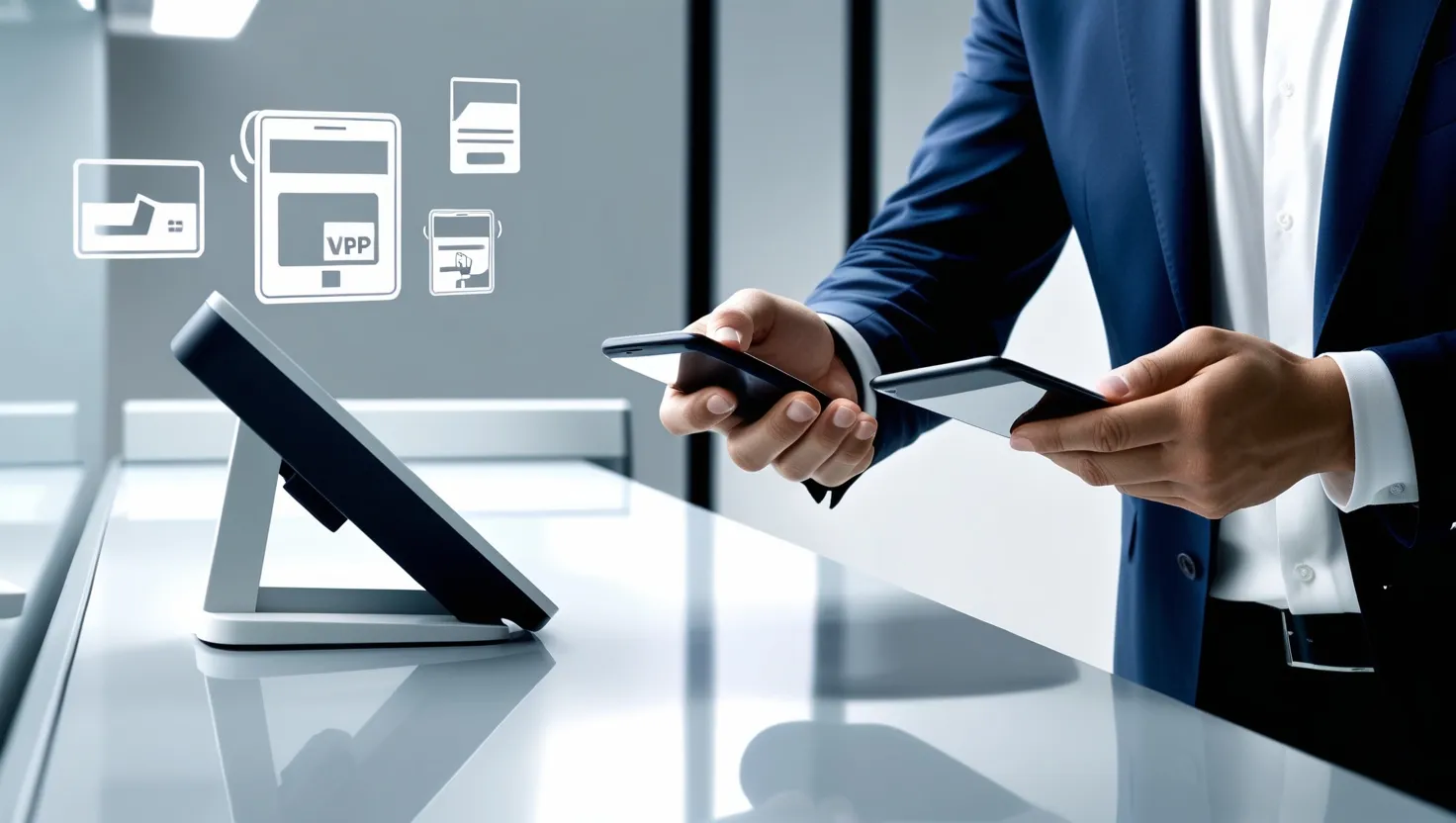Cash Isn't Dead: Why Physical Money Still Matters in a Digital World
Remember the last time you felt that crisp bill between your fingers? There's something reassuring about cold, hard cash that just can't be replicated by a tap of a card or a swipe on your phone. Sure, digital payments are everywhere these days, but let's not write off good old-fashioned cash just yet. It's got some serious staying power, and for good reason.
Think about it - every time you use a digital payment, you're basically handing over a piece of your financial life to the big banks and tech companies. They're collecting data on your spending habits faster than you can say "contactless payment." It's like giving them a front-row seat to your financial decisions. Not exactly the most comforting thought, is it?
And let's talk about the pandemic for a sec. You'd think cash would've become public enemy number one, right? Surprisingly, it held its ground. People were actually carrying more cash around, even if they weren't spending it as much. It's like having a security blanket in your wallet - just knowing it's there makes you feel better.
Now, here's where things get really interesting. Think about all the people who don't have bank accounts or credit cards. We're talking millions of folks, not just in developing countries, but right here in the US and Europe too. For them, cash isn't just an option - it's a lifeline. Imagine not being able to buy groceries or pay your rent because everything's gone digital. That's a scary thought.
Speaking of scary, remember that massive Equifax data breach a few years back? Yeah, that's the kind of thing that keeps people up at night. With cash, you don't have to worry about some hacker on the other side of the world getting their grubby virtual hands on your hard-earned money. It's just you and your wallet, no middleman required.
And let's be real, sometimes you just want to buy something without the whole world knowing about it. Maybe it's a guilty pleasure purchase, or a surprise gift for someone special. With cash, your secret's safe. Try doing that with a credit card statement that lists every single thing you've bought.
But it's not just about privacy or security. Using cash can actually help you spend less. There's something about physically handing over money that makes you think twice about your purchases. It's way too easy to overspend when you're just tapping a card or clicking a button online.
Now, I'm not saying we should ditch digital payments altogether. They definitely have their place. But imagine a world where cash doesn't exist. Suddenly, you're at the mercy of banks and tech companies for every single transaction. Power outage? Server crash? Oops, looks like you can't buy dinner tonight. Not exactly ideal, is it?
And let's not forget about small businesses. Many of them rely heavily on cash transactions. Forcing them to go cashless could seriously hurt their bottom line. It's not just about preferences - for some businesses, it's about survival.
Here's another thing to consider: cash is universal. You don't need a smartphone or an internet connection to use it. It works just as well in a big city as it does in a remote village. That kind of accessibility is pretty hard to beat.
But perhaps the most important reason to keep cash around is choice. It's about having options. Maybe you prefer using your card for big purchases but like to use cash for your morning coffee. Or maybe you're trying to stick to a budget and find it easier to do that with cash. Whatever your reason, the point is that you get to decide.
The push for a cashless society isn't just about convenience. It's about control. When everything's digital, every transaction can be tracked, analyzed, and potentially manipulated. That's a lot of power to hand over to corporations and governments.
Think about countries that have tried to go cashless. Sweden, for example, has been at the forefront of this movement. But even they've had to pump the brakes. They realized that going completely cashless could leave certain groups - like the elderly or immigrants - vulnerable and excluded.
And let's not forget about emergencies. Natural disasters, power outages, cyber attacks - in these situations, cash can be a literal lifesaver. It's always there, always works, no batteries or wi-fi required.
There's also something to be said for the tangible nature of cash. It's real in a way that digital money just isn't. You can hold it, count it, stash it under your mattress if you want to. There's a psychological comfort in that physicality that shouldn't be underestimated.
Now, I'm not saying we should all go back to carrying around sacks of gold coins. Digital payments have their place, and they've made many aspects of life more convenient. But the key word here is balance. A world where both cash and digital payments coexist is a world that's more inclusive, more secure, and more respectful of individual choice.
So the next time someone tells you cash is outdated, remember this: it's not just about the money. It's about freedom, privacy, and inclusivity. It's about having a financial system that works for everyone, not just those with smartphones and bank accounts.
Cash isn't going anywhere anytime soon, and that's a good thing. It's a vital part of our financial ecosystem, providing a level of security, anonymity, and accessibility that digital payments just can't match. So go ahead, embrace the digital revolution if you want to. But don't be too quick to empty out that wallet. You never know when you might need that trusty twenty dollar bill.
In the end, the future of money isn't about choosing between cash and digital - it's about having both. It's about creating a financial system that's flexible enough to meet everyone's needs, regardless of their technological savvy or economic status. And in that kind of system, cash will always have a place.
So next time you're at the checkout, why not mix it up? Pay with cash for a change. Feel the weight of those coins in your hand. Enjoy the satisfying rustle of paper money. Remember that you're participating in a system that's been around for thousands of years, a system that's weathered countless technological revolutions and economic upheavals.
Cash isn't just surviving in the digital age - it's thriving. And that's something worth holding onto.






